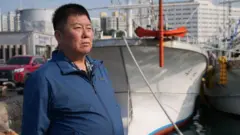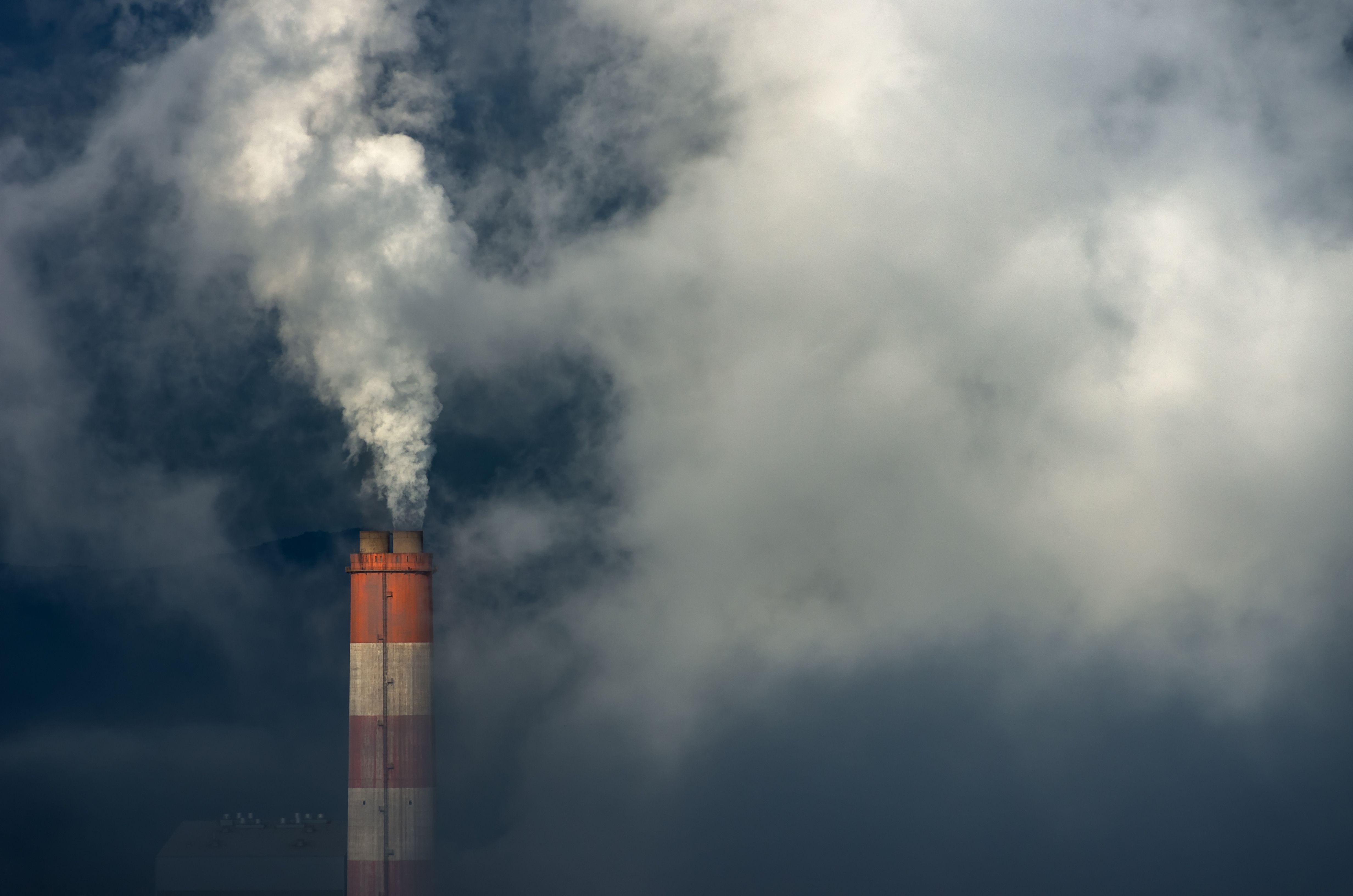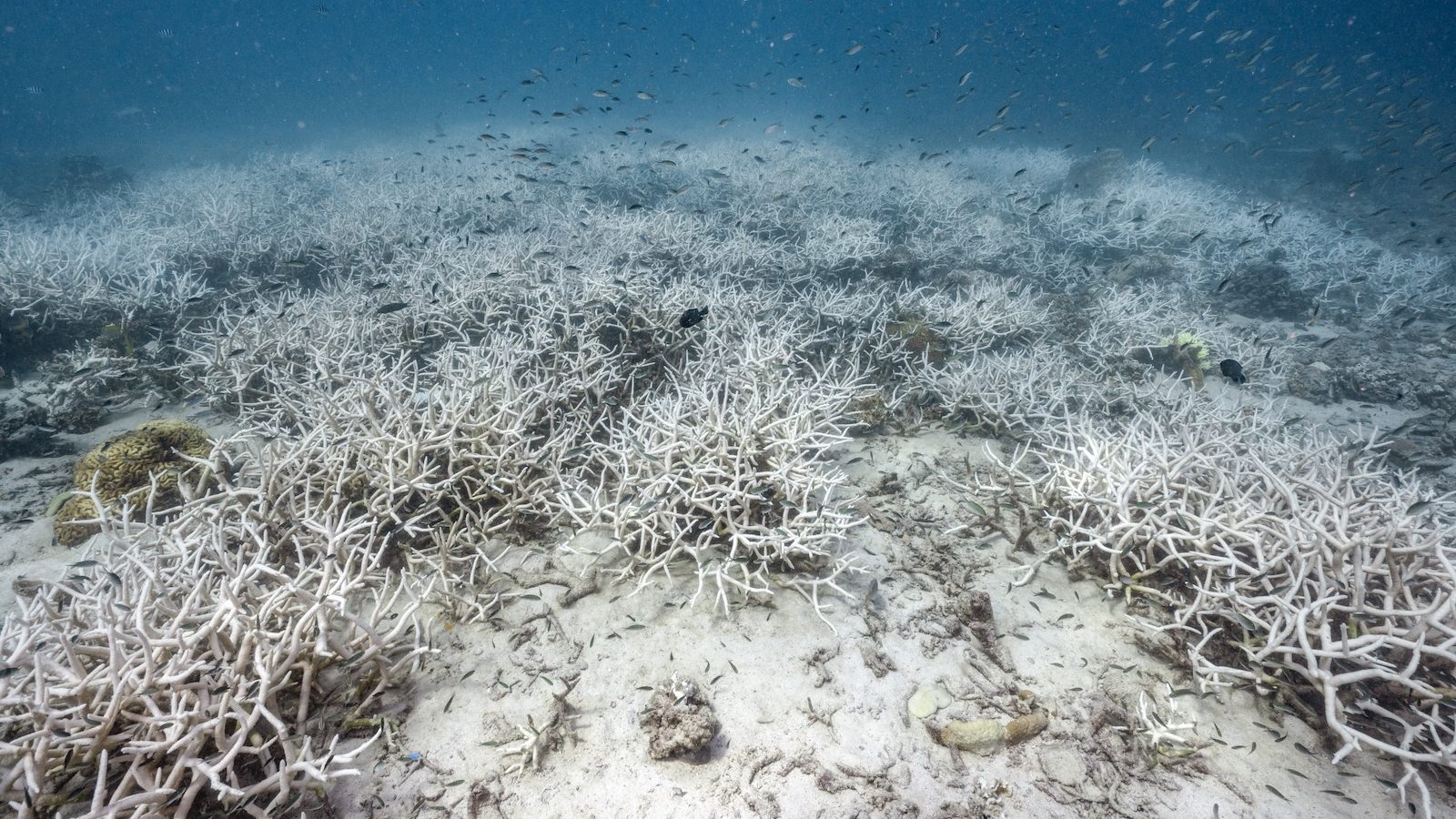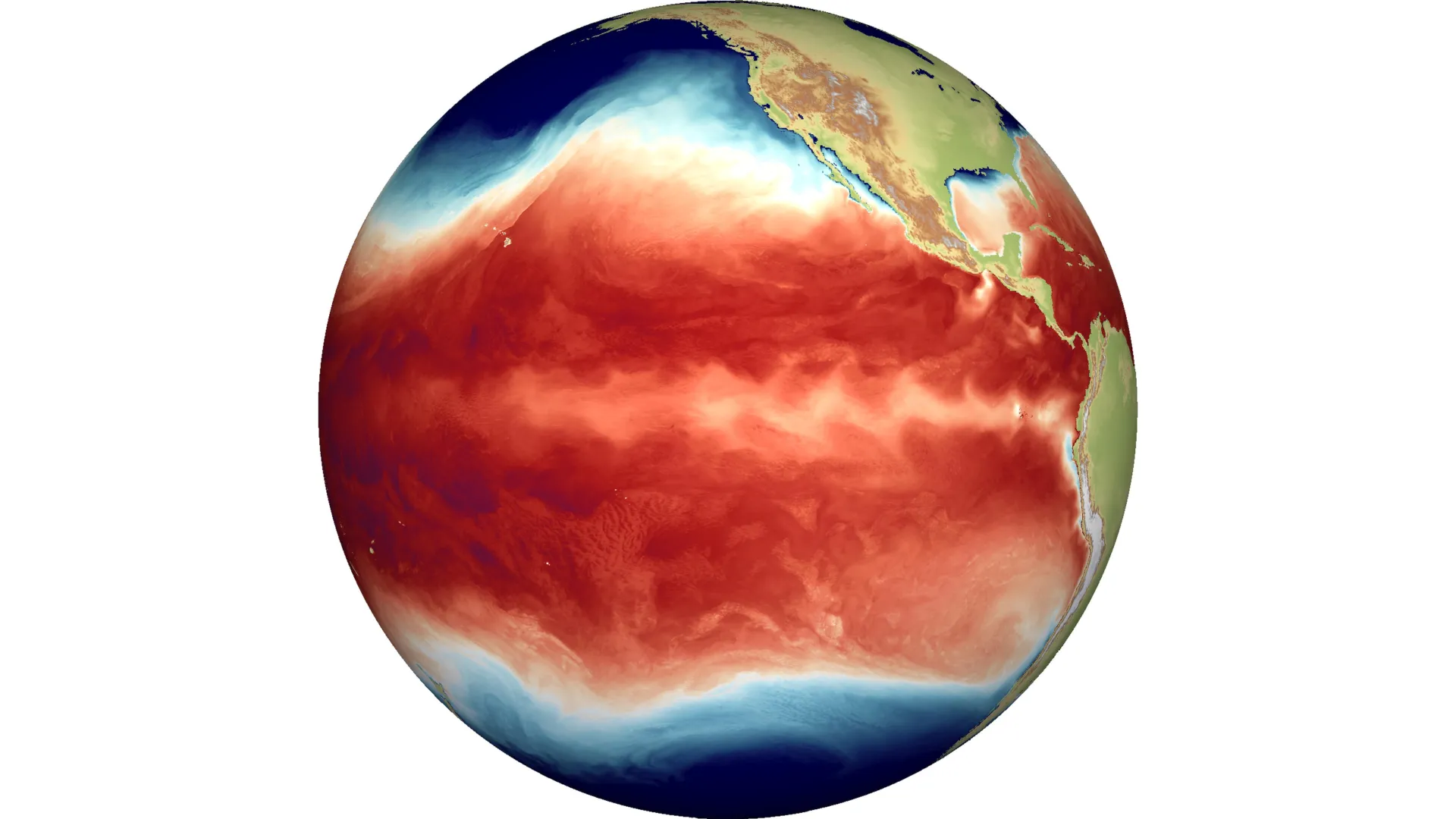Report on the Socio-Economic and Environmental Crises in South Korea’s Fishing Industry
Executive Summary
A significant increase in maritime accidents and fatalities within South Korea’s fishing industry has been reported, directly linked to the escalating impacts of climate change and compounded by socio-economic pressures. The situation presents a critical challenge to the achievement of several Sustainable Development Goals (SDGs), including SDG 3 (Good Health and Well-being), SDG 8 (Decent Work and Economic Growth), SDG 10 (Reduced Inequalities), SDG 13 (Climate Action), and SDG 14 (Life Below Water). This report outlines the primary drivers of the crisis, its multifaceted impacts, and the institutional responses being formulated.
Escalating Maritime Risks and Human Cost
Recent data indicates a severe decline in occupational safety for fishermen, directly contravening the principles of SDG 3 (Good Health and Well-being) and SDG 8 (Decent Work and Economic Growth).
- In the last year, 164 individuals were killed or went missing in maritime accidents, a 75% increase from the previous year.
- The majority of these incidents involved fishing vessels capsizing or sinking due to extreme weather phenomena, such as sudden whirlpools and powerful waves.
Climate Change as a Primary Driver: A Threat to SDG 13 and SDG 14
A government investigation has identified climate change as a major cause of the increased accidents. The environmental changes observed in the seas around South Korea represent a direct threat to marine ecosystems and climate stability, undermining progress on SDG 13 (Climate Action) and SDG 14 (Life Below Water).
- Accelerated Sea Warming: Between 1968 and 2024, the average sea surface temperature rose by 1.58°C, more than double the global average increase of 0.74°C.
- Extreme Weather Events: The number of marine weather warnings for gales, storm surges, and typhoons increased by 65% between 2020 and 2024, creating more hazardous conditions for all marine vessels.
- Marine Ecosystem Disruption: Warming waters have caused a significant decline and migration of key fish stocks. This directly impacts SDG 14 by disrupting marine biodiversity and sustainability.
- Squid catches have plummeted by 92% over the past decade.
- Anchovy catches have fallen by 46% in the same period.
- An increase in jellyfish populations further indicates ecological imbalance.
Compounding Socio-Economic Factors and SDG Implications
The environmental crisis is exacerbated by a series of interconnected socio-economic challenges that create a “vicious and tragic cycle,” impacting multiple SDGs.
- Economic Precarity (SDG 1 & SDG 8): The depletion of coastal fish stocks forces fishermen to travel farther into more perilous waters to secure a viable income. This increases operational costs and physical risks, threatening economic security and pushing fishing communities toward poverty.
- Aging Workforce (SDG 8): The industry is facing a demographic crisis. In 2023, nearly half of South Korea’s fishermen were over 65. The lack of new entrants indicates a failure to provide decent and sustainable work opportunities for younger generations.
- Vulnerable Migrant Labor (SDG 10): The industry’s increasing reliance on migrant workers, often from Vietnam and Indonesia, highlights significant inequalities. These workers frequently lack sufficient safety training and face language barriers, compounding their vulnerability to accidents at sea.
Institutional Response and Proposed Measures for Sustainable Development
In response to the crisis, South Korean authorities have initiated measures aimed at improving safety and providing economic support, reflecting an effort to strengthen institutions as per SDG 16 (Peace, Justice and Strong Institutions).
- Enhanced Safety Regulations: A government task force has recommended mandatory safety training for all crew (especially foreign workers), the required use of life jackets, and the installation of safety ladders on boats.
- Improved Operational Support: Proposals include enhancing search and rescue capabilities and providing fishermen with access to more localized, real-time weather data to better assess risks.
- Economic and Environmental Interventions:
- Financial support, such as loans for squid fishermen, is being offered to prevent bankruptcy and encourage retirement, addressing SDG 8.
- Some regions are offering payments for jellyfish catches to help restore marine ecological balance, aligning with SDG 14.
Future Outlook and Conclusion
The long-term outlook remains challenging. The UN’s Food and Agricultural Organisation (FAO) forecasts that South Korea’s total fish catches could decline by nearly a third by 2100 if current global warming trajectories continue. This projection underscores the urgent need for comprehensive and sustained action. Without decisive global progress on SDG 13 (Climate Action), local measures to protect the lives and livelihoods of fishing communities and the health of marine ecosystems will be insufficient. The situation in South Korea serves as a stark warning of how climate change directly undermines human well-being, economic stability, and environmental sustainability.
Analysis of Sustainable Development Goals in the Article
1. Which SDGs are addressed or connected to the issues highlighted in the article?
- SDG 8: Decent Work and Economic Growth: The article highlights the dangerous working conditions for fishermen, leading to a significant increase in deaths and accidents at sea. It also discusses the economic unsustainability of the fishing industry, with fishermen’s earnings plunging, forcing them to take greater risks. The reliance on untrained migrant workers and the aging workforce also fall under this goal.
- SDG 13: Climate Action: This is a central theme of the article. It explicitly states that climate change is a major cause of the increase in accidents. The article details the warming of seas around Korea at a rate double the global average, leading to more extreme and unpredictable weather, such as whirlwinds and intense tropical storms, which directly impact the fishermen.
- SDG 14: Life Below Water: The article discusses the severe impact of warming waters on marine ecosystems. It points to the migration of fish species and the drastic decline in fish stocks, such as a 92% plummet in squid catches and a 46% fall in anchovy catches over the past decade. This directly relates to the health and sustainability of marine life.
2. What specific targets under those SDGs can be identified based on the article’s content?
- Target 8.8: Protect labour rights and promote safe and secure working environments for all workers. The article’s focus on the spike in deaths among fishermen (“164 people were killed or went missing… a 75% jump”) directly addresses the need for safer working environments. The mention of an “aging fishing workforce” and a “growing reliance on migrant workers” with “poor safety training” and language barriers further emphasizes the vulnerability of these workers and the relevance of this target.
- Target 13.1: Strengthen resilience and adaptive capacity to climate-related hazards and natural disasters. The article describes fishermen as being on the front line of climate-related hazards. The increase in “unpredictable weather,” “stronger winds,” and a “65% increase” in marine weather warnings between 2020 and 2024 demonstrates the rising threat of natural disasters they face, highlighting the need to strengthen their resilience and adaptive capacity.
- Target 14.4: Effectively regulate harvesting and end overfishing… in order to restore fish stocks. The article provides clear evidence of collapsing fish stocks, noting that squid catches have “plummeted 92%” and anchovy catches have fallen by “46%”. This situation forces fishermen to “travel further and take greater risks,” indicating that current harvesting levels are unsustainable and that fish stocks are not being maintained at healthy levels.
3. Are there any indicators mentioned or implied in the article that can be used to measure progress towards the identified targets?
- For Target 8.8: The article provides a direct indicator for occupational safety: the number of fatalities in the fishing industry. The statistic that “164 people were killed or went missing in accidents in the seas around South Korea” in the last year, representing a “75% jump from the year before,” serves as a clear metric for measuring the safety of the working environment.
- For Target 13.1: The article implies an indicator related to the frequency and intensity of climate-related hazards. The data point that “the number of marine weather warnings around the Korean Peninsula… increased by 65% between 2020 and 2024” can be used as an indicator to measure the growing risk from climate-related events in the region.
- For Target 14.4: The article provides indicators for the health of fish stocks. The statistics on the decline in specific catches, such as the “92% plummet” in squid catches and the “46% fall” in anchovy catches over the past 10 years, can be used as direct indicators to measure the sustainability of fish stocks. The UN FAO forecast that “total fish catches in South Korea will decline by almost a third by the end of this century” is another long-term indicator.
SDGs, Targets, and Indicators Summary
| SDGs | Targets | Indicators |
|---|---|---|
| SDG 8: Decent Work and Economic Growth | 8.8: Protect labour rights and promote safe and secure working environments for all workers. | Number of people killed or missing in fishing accidents (164 last year, a 75% increase). |
| SDG 13: Climate Action | 13.1: Strengthen resilience and adaptive capacity to climate-related hazards and natural disasters. | Increase in marine weather warnings (up 65% between 2020 and 2024). |
| SDG 14: Life Below Water | 14.4: Effectively regulate harvesting and end overfishing… in order to restore fish stocks. | Decline in annual fish catches (squid down 92%, anchovies down 46% over 10 years). |
Source: bbc.com







